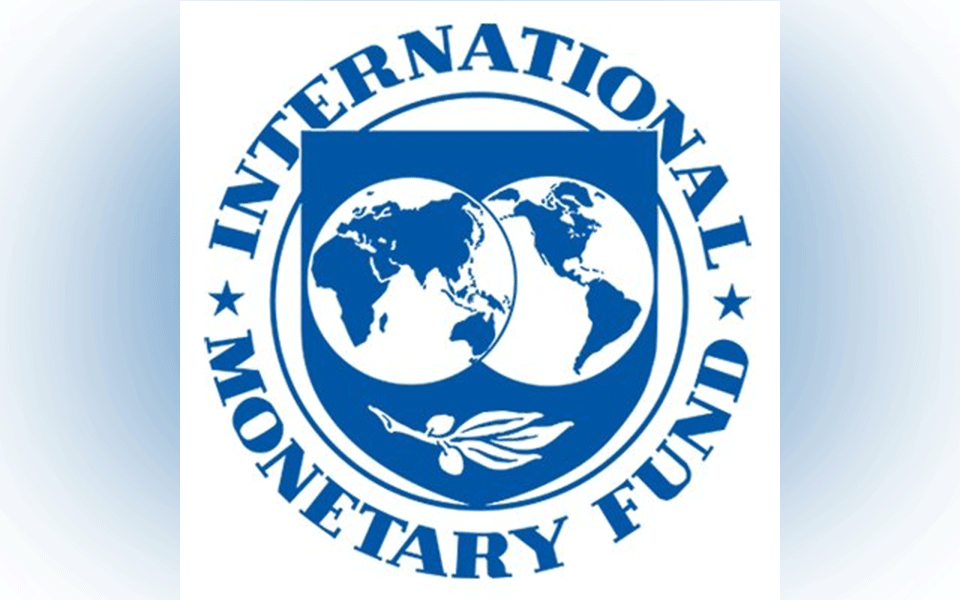Washington, Aug 8 : Observing that India'a near-term macroeconomic outlook is "broadly favorable", the International Monetary Fund (IMF) has said that the country is on course to hold its position as one of the fastest growing economies in the world.
Following its Executive Board's assessment concluded last month, the IMF said on Tuesday that key risks to the Indian economy include higher oil prices, tightening global financial conditions and tax revenue deficits.
"The near-term macroeconomic outlook is broadly favorable. Growth is forecast to rise to 7.3 per cent in FY2018/19 and 7.5 per cent in FY2019/20, on strengthening investment and robust private consumption," an IMF release said.
"Headline inflation is projected to rise to 5.2 per cent in FY2018/19, as demand conditions tighten, along with the recent depreciation of the rupee and higher oil prices, housing rent allowances, and agricultural minimum support prices."
IMF mission chief for India Ranil Salgado said the Indian economy at present is like "an elephant starting to run".
Continuing structural reforms would be key to high growth, he said, adding that further rationalisation of the Goods and Services Tax (GST) would give maximum benefits, while labour reforms would be an incentive for companies to expand.
Underlining India's importance for the world economy, the IMF India Staff Report also said the country accounts for about 15 per cent of global growth.
Persistently high retail inflation expectations, large government fiscal deficits and debt remain key macroeconomic challenges, the multilateral financing agency said.
"Systemic macrofinancial risks persist, as the weak credit cycle could impair growth and the sovereign-bank nexus has created vulnerabilities," it said.
Domestic risks pertain to tax revenue shortfalls related to continued GST implementation issues and delays in addressing the twin balance sheet problems and other structural reforms," it added.
The IMF also said that the Reserve Bank of India should be given full supervisory powers over government-owned banks, while the legal independence of RBI must also be clarified.
The report also recommended higher private sector participation in Indian banking.
Let the Truth be known. If you read VB and like VB, please be a VB Supporter and Help us deliver the Truth to one and all.
Singapore: A 35-year-old Australian national, Raj Varsha, was fined $750 by a Singapore court on April 11 after pleading guilty to stealing a bottle of Chanel perfume valued at nearly $250 from a duty-free store at Changi Airport in March 2023.
According to court proceedings, the incident occurred at around 4:10 a.m. on March 22, 2023, when Varsha entered The Shilla Duty Free store located in the Terminal 1 departure transit area.
State Prosecuting Officer Zakir Hussain informed the court that Varsha had concealed the perfume bottle in her bag and exited the store without making payment.
Security personnel, upon noticing the missing item, alerted store employees. CCTV footage confirmed the theft, after which the store supervisor notified the Airport Police Division. Varsha departed for Thailand with her family at approximately 9:10 a.m. on the same day.
She was detained on March 31, 2025, upon re-entering Singapore. During investigations, Varsha admitted to the theft and stated that she had given the stolen item to her mother as a gift.
In court, Varsha, who did not have legal representation, expressed remorse and apologized for her actions. She told District Judge A. Sangeetha that she accepted full responsibility and had no prior legal infractions. Full restitution for the stolen item has since been made to the store.
Under Singapore law, theft is punishable by imprisonment for up to three years, a fine, or both.





